Do you feel envious of people who remain calm and collected no matter what’s going on in their life? What if we tell you that you too can imbibe the habits of calm people and obtain a relaxed demeanor?
Yes, you read that right! There are certain things calm people do differently that help them glide through their lives without breaking a sweat.
Why Are Some People So Relaxed And Calm?
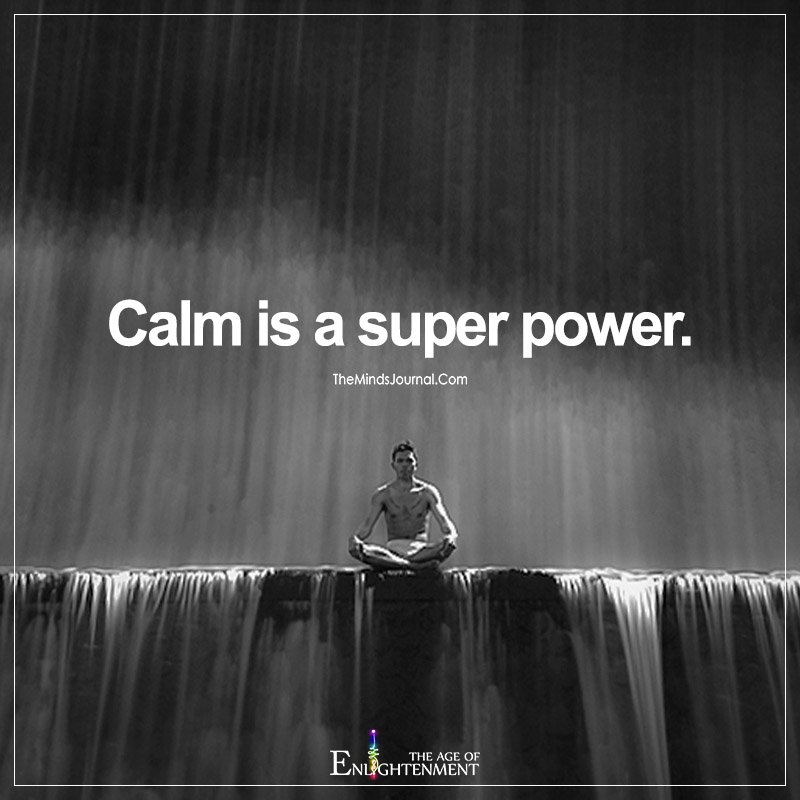
Maybe you were under the impression that to be calm and composed, especially in the face of stress or uncertainty is a natural trait, and either you are born with it or you aren’t. But it’s not the case. Highly calm people consciously make an effort to remain stable regardless of the circumstances they are in. They diligently follow some healthy habits in their daily lives, which help them to:
- Manage stress
- Peacefully respond to conflict
- Face challenges
- Remain levelheaded
- Process unwanted emotions
So, what are the habits of calm people you ask? Keep reading!
10 Habits Of Highly Calm People
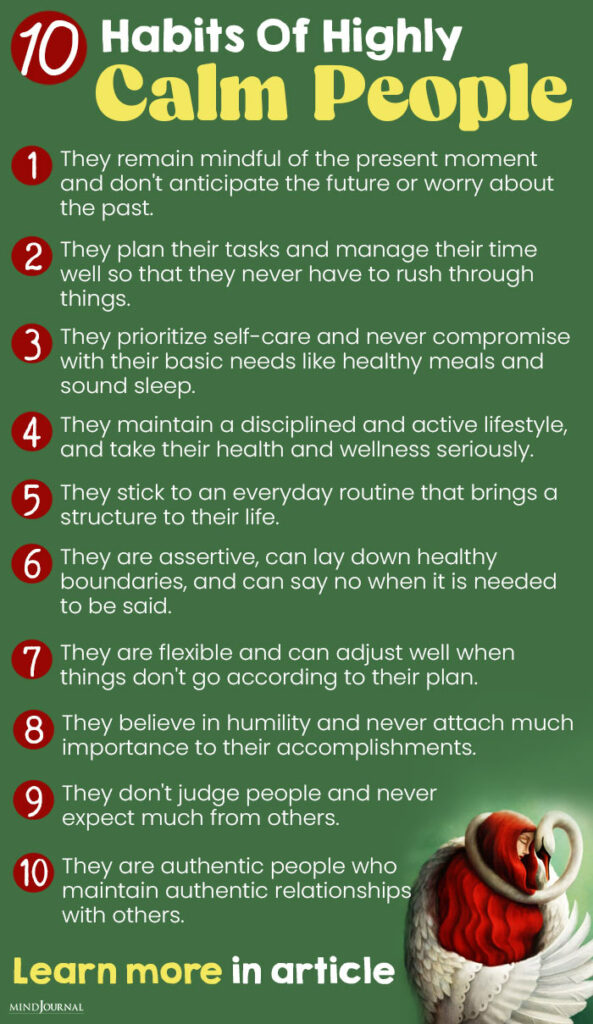
This is the list of things calm people do differently and which enable them to stay relaxed all the time.
1. Practicing Mindfulness
Being mindful means living and focusing on the current moment. By practicing mindfulness, you are bringing your awareness to yourself and not worrying about things that are not happening right now. This is why mindfulness helps calm people diminish stress and anxiety, and stay relaxed.
To practice mindfulness, you might try out taking long walks to clear your thoughts, meditating, doing yoga, tai chi, or writing in a journal.
Read: How Mindfulness Can Improve Your Overall Mental Health
2. Time Management
Calm people do not rush through their lives. They plan ahead and manage their time efficiently. When they have something to do or somewhere to reach, they start with plenty of time. That’s why even if they face any unwarranted delay, they don’t fret and manage to accomplish their task on time.
3. Prioritizing Self-Care
Calm people never compromise their basic self-care rituals. A good night’s sleep, good nutrition, and enough personal time to relax and rejuvenate are not up for debate. They make time for their hobbies, talk to people they care about, and take care of themselves in every way, be it physically, emotionally, or spiritually. A well-balanced life enables them to exude the cool disposition that we all so badly crave.
4. Self-Regulation
Calm people also know the difference between self-care and indulgence. They have a high level of self-awareness that makes them disciplined. People who are never stressed live a very active lifestyle. They exercise regularly, play various sports, go to bed and wake up early, and keep themselves fit. A healthy lifestyle goes a long way in maintaining serenity in these stressful times that we are living in.
5. Maintaining Routine
Calm people don’t want their minds to be burdened with unnecessary thoughts, and thus they try to do certain daily chores the same way every day. They ease the pressure of their day-to-day living by predetermining things such as what they are going to eat for breakfast or wear for work.
Make a weekly meal plan and daily morning rituals so that you take these things out of your daily decision-making process and give your mind a break.
6. Setting Healthy Boundaries
Learning to be self-assertive is one of the major habits of relaxed people. They know where to draw the line and don’t hesitate to say no when it’s needed. This habit makes calm people balance their life with grace. They don’t mind asking for help when they get stuck, they take breaks from work to keep their mind focused, and they never sacrifice their personal life for the sake of professional commitments and vice versa.
7. Accepting Setbacks
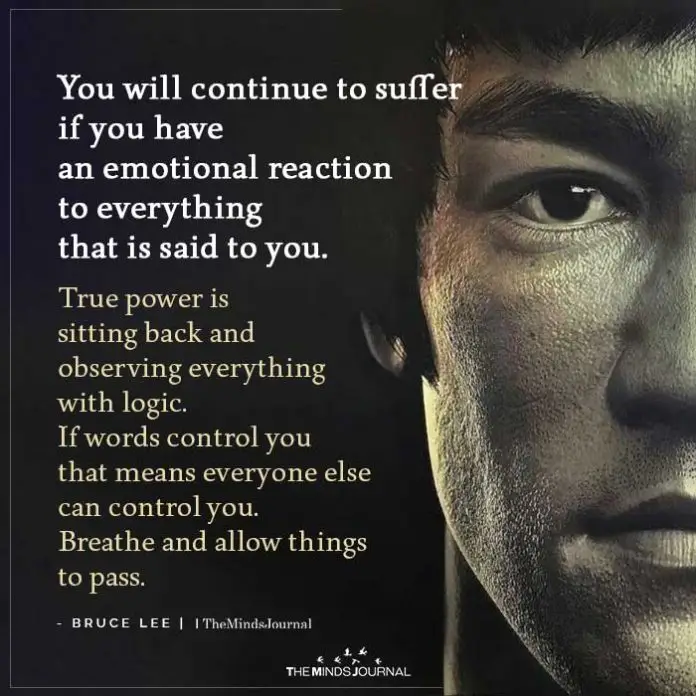
Flexibility is like second nature to calm people. As much as they prefer to go with a plan, they are always ready to embrace the fact that life is unpredictable and things can go haywire at any point in time. This attitude of acceptance makes them adjust well to every crisis in life and maintain their calm outlook.
8. Being Humble
Calm people don’t have a hyped-up sense of self. They do their job with conviction but they never attach much importance or take pride in their achievements. They are humble and down-to-earth people who believe in doing their work and not expecting anything in return.
9. Managing Expectations
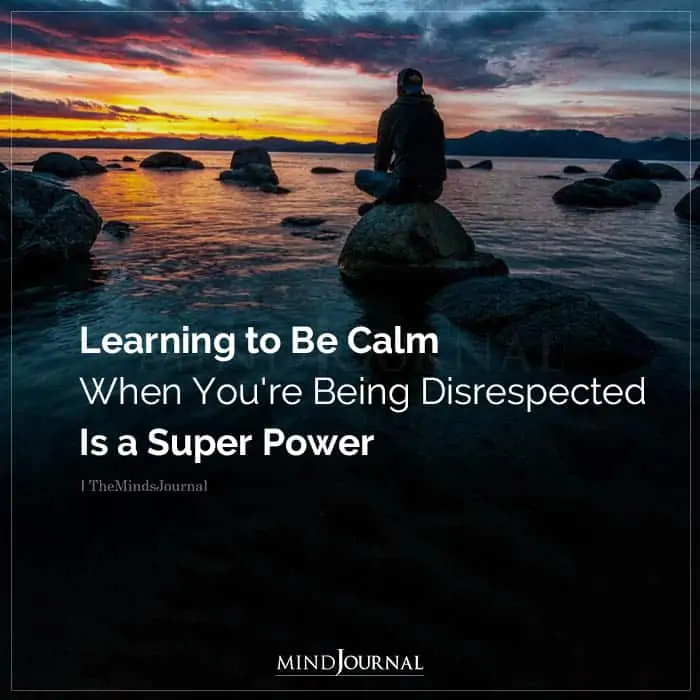
Calm people manage their expectations by observing others objectively and accepting them without judgment. When people hurt their feelings or behave in an unexpected way, these zen-like tranquil beings never make mountain out of a molehill.
10. Maintaining Authentic Connections
Those who are always cool, know that the rule of thumb is to be authentic; authentic to yourself and authentic to others around you. Calm people make it a point to make real connections with people. They keep it real in all the realms of their lives and maintain honest relationships with their family members, friends, acquaintances, and even strangers.
Read: 7 Zen Stories That Will Make You View Things Differently
Some Other Calm People Habits Include:
- They judiciously use their phones and other gadgets and don’t let these devices rule their lives.
- They practice deep breathing when they feel stressed or overwhelmed
- They take their time before responding and always respond in proportion to the event
- They avoid stimulants such as caffeine, tobacco, etc., which keep people on the edge
- They write down their feelings or engage in creative or physical activities which act as an outlet for their emotions.
- They are always grateful.
- They know that they cannot control everything.
- They are kind to themselves and don’t beat themselves up for every mistake or failure.
Keep Your Calm
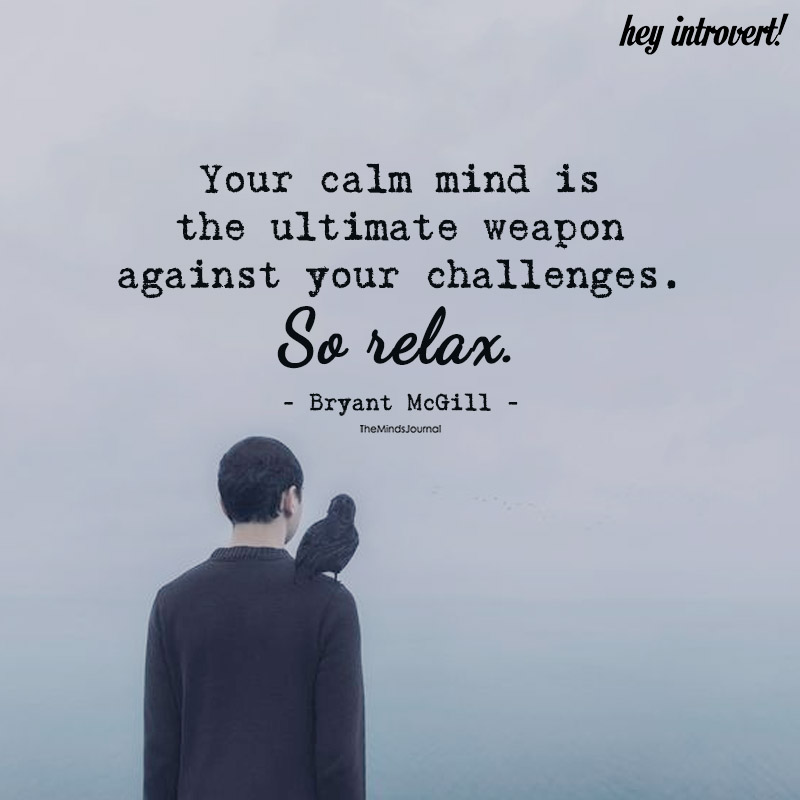
So you see, it takes practice and effort to keep your serenity in a world that will keep testing your patience every single day. But once you learn the trick to be calm and relaxed, you will realize that all that work was so worth it. You will not get riled up by external stressors, and no matter how many curveballs life throws at you, you will knock each one out of the park.
So, that was it for our topic “Habits Of Highly Calm People” and now that you know what are relaxed people like, don’t forget to share your opinion by commenting down below.
Frequently Asked Questions
How does a relaxed person behave?
A relaxed person doesn’t anticipate problems but readily deals with them as they come up. They also don’t put off things for later as that might cause them more stress and anxiety.
Why are some people always relaxed?
People who are at peace with themselves live their authentic lives. They are content with the way things are and they never try to be someone else. This makes them always relaxed.
Is it good to be a calm person?
Yes, calmness helps you to manage your emotions and have good mental health, which leads to overall well-being and life satisfaction.
What historical person can be known for calmness?
Abraham Lincoln was known for providing calm and steady leadership even during stressful times.
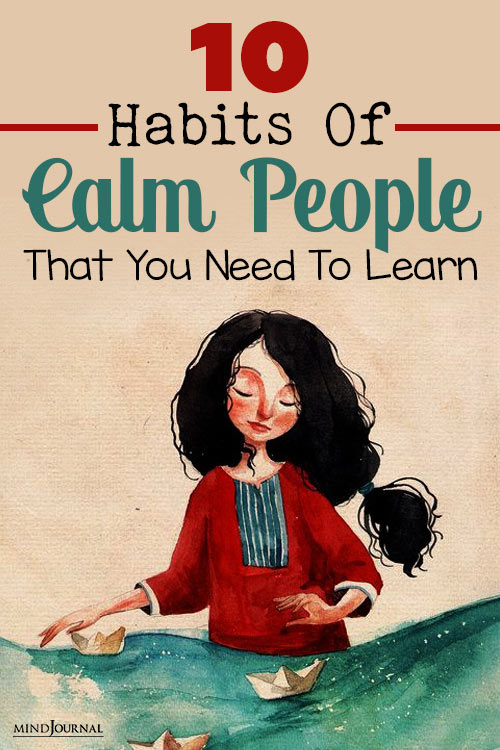
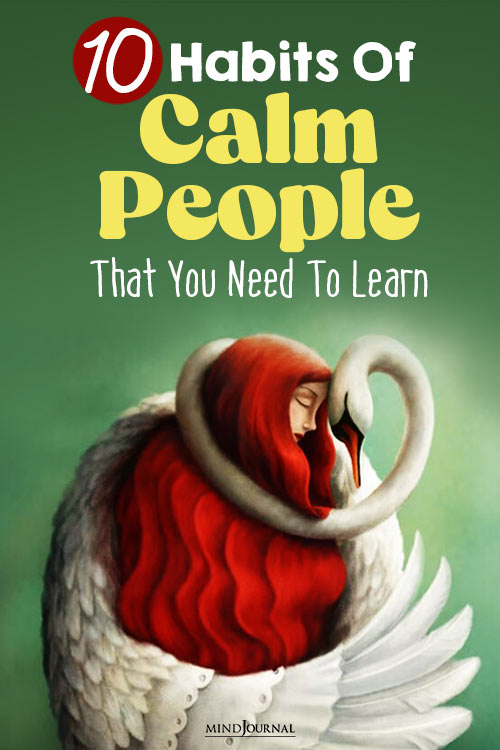
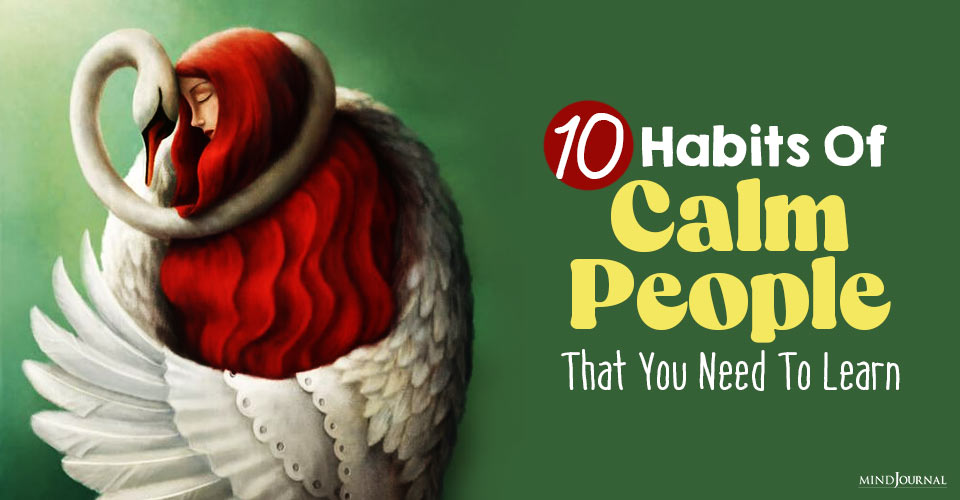







Leave a Reply
You must be logged in to post a comment.